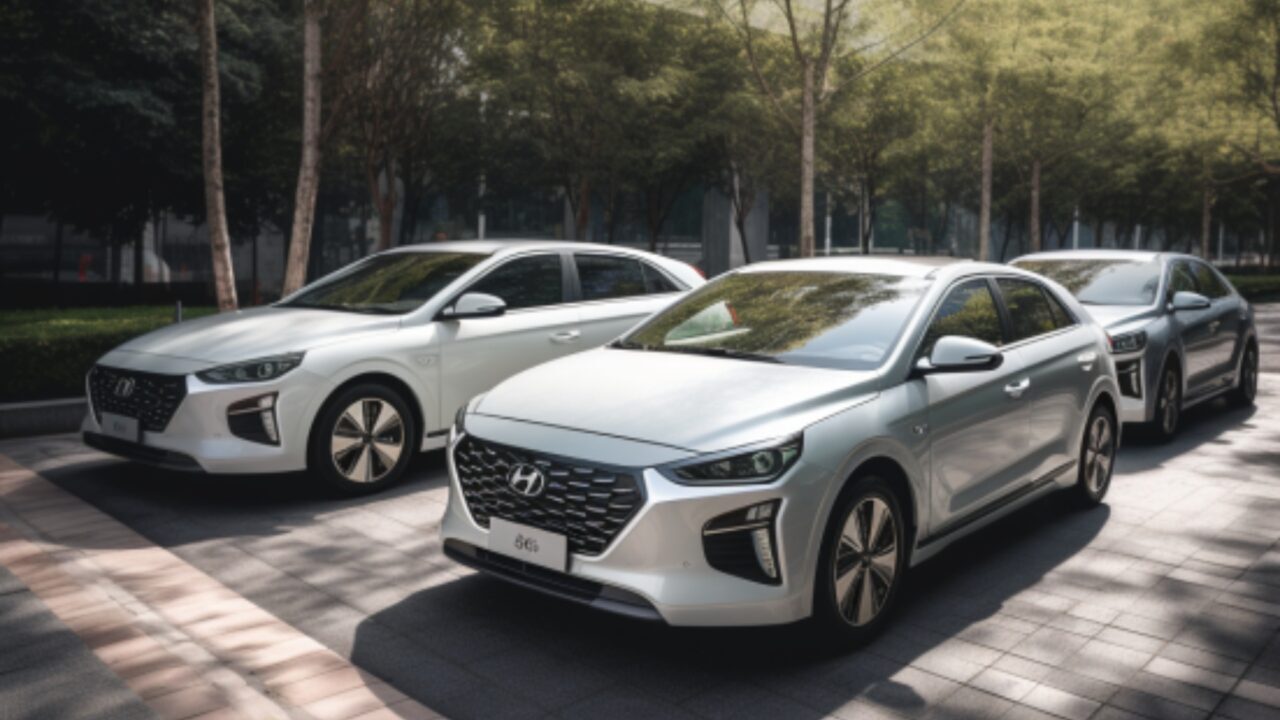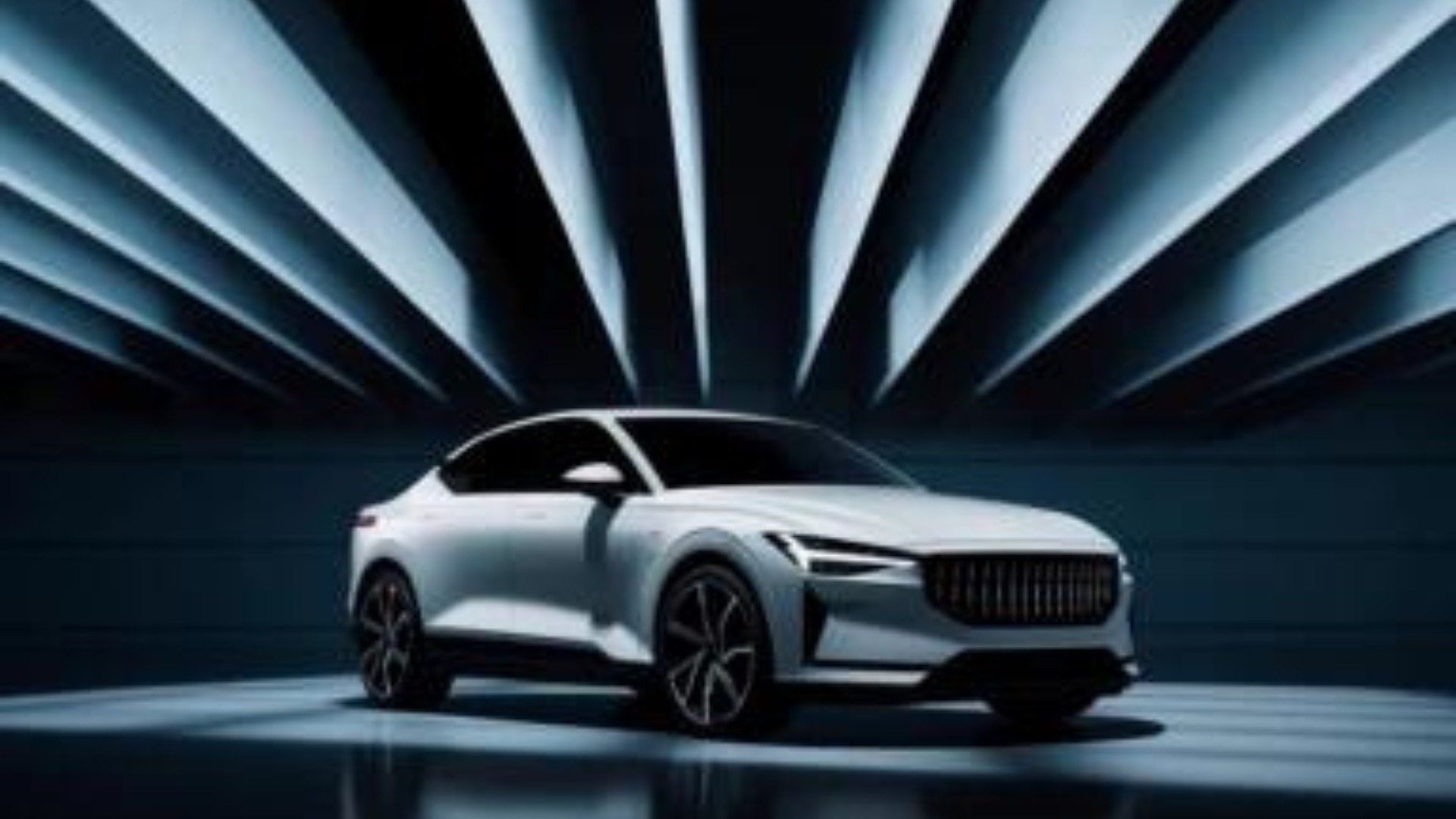The UK’s electric vehicle (EV) readiness is on the rise, but challenges persist. Prime Minister Rishi Sunak faces backlash as he considers softening climate pledges. Meanwhile, battery prices fall, private EV sales face hurdles, and new speed cameras could change how we drive.
UK’s Climate Commitments Under Scrutiny
Rishi Sunak’s potential shift in climate policy is causing a stir, drawing criticism from MPs and environmental groups. A “better, more proportionate way” may delay the ban on new petrol and diesel cars originally set for 2030, to 2035.
Some MPs are now considering a vote of no confidence. The suggestion to delay the petrol and diesel car ban has faced strong opposition, as it could impact the automotive industry’s investment in electric vehicles (EVs).
Rishi Sunak remains resolute, emphasising the need for change. He acknowledges that politics often favours short-term decisions, hindering progress. However, he asserts that realism doesn’t mean abandoning commitments but achieving them in a more practical manner. Sunak is expected to unveil more details in an upcoming speech, emphasising the importance of long-term national interests.

These potential changes have raised concerns among environmental groups and opposition MPs. They argue that rolling back climate commitments amidst global climate challenges would be both morally and legally questionable.
UK EV Readiness
In more positive news, the UK is making strides in the electric vehicle (EV) race, ranking fifth globally for EV readiness, according to EY’s EV Country Readiness Index. This ranking assesses 20 key markets worldwide, considering factors like supply, demand, and regulation.
The UK ranks fifth globally for electric vehicle (EV) readiness in EY’s EV Country Readiness Index. This index assesses 20 key markets worldwide for their readiness for EV adoption, considering factors such as supply, demand, and regulation. China maintains its top position, followed by Norway, the US, and Sweden.
The UK’s ranking remains unchanged due to strong demand for EVs and the 2030 ban on new internal combustion engine vehicles. However, the nation’s supply and regulation rankings both slipped by one place year-on-year.

The report highlights that the UK faces a significant challenge regarding fast-charging infrastructure, as it accounted for just 0.8% of global fast-charging stock in 2022 compared to China’s nearly 90%.
David Borland, EY UK and Ireland automotive leader highlights the importance of prioritising the number, location, and speed of EV chargers in the UK for its competitiveness in the global EV market. Despite positive growth in demand, the UK has a way to go to catch up with leading EV markets worldwide.
Battery Prices Fall
Battery prices are dropping, a game-changer for EVs. Lithium-ion battery cells, the heart of EVs, dropped below £73 per kilowatt-hour in August. This 33% reduction since March 2022 paves the way for affordable EVs, making the EV transition enticing for both consumers and automakers.
This could make the EV transition a more appealing prospect for both consumers and car manufacturers alike.
The falling battery price trend also carries weight beyond the realm of EVs. It could impact other technologies, especially those in the renewable energy sector, such as solar and wind installations that require efficient energy storage solutions.
The decline in lithium prices since 2023 and recent discoveries of colossal lithium deposits, in the McDermitt caldera on the Nevada-Oregon border, could contribute significantly to driving prices down even further. Geologists estimate that this deposit might house up to a whopping 120 million tonnes of lithium, potentially satisfying the global demand for batteries for decades to come.
Private EV Sales Face Hurdles
While fleets and businesses embrace EVs, private buyers purchased only 37,000 battery-powered cars in the first half of 2023, down from 41,800 the previous year. EVs risk becoming a “second choice” for private buyers. A staggering 75% of new EV registrations are attributed to fleets and businesses.

Challenges like inconvenient charging and nostalgia for petrol cars persist. Even price cuts haven’t swayed private buyers. They’re waiting for better charging infrastructure, improved range and practicality.
New Speed Cameras Set to Catch Harsh Braking
UK drivers may soon face new speed camera technology that can detect harsh braking, with penalties of a £100 fine and three penalty points. The system has been successfully trialled in Spain and aims to discourage drivers from suddenly braking just before speed cameras to avoid fines, only to accelerate again afterwards. These devices aim to penalise drivers who rapidly change speeds, potentially causing dangerous situations on the roads.
The technology, known as “cascading,” can detect speeds over significant distances using a mobile scanner placed after a fixed radar. Penalties include a £100 fine and three penalty points.
